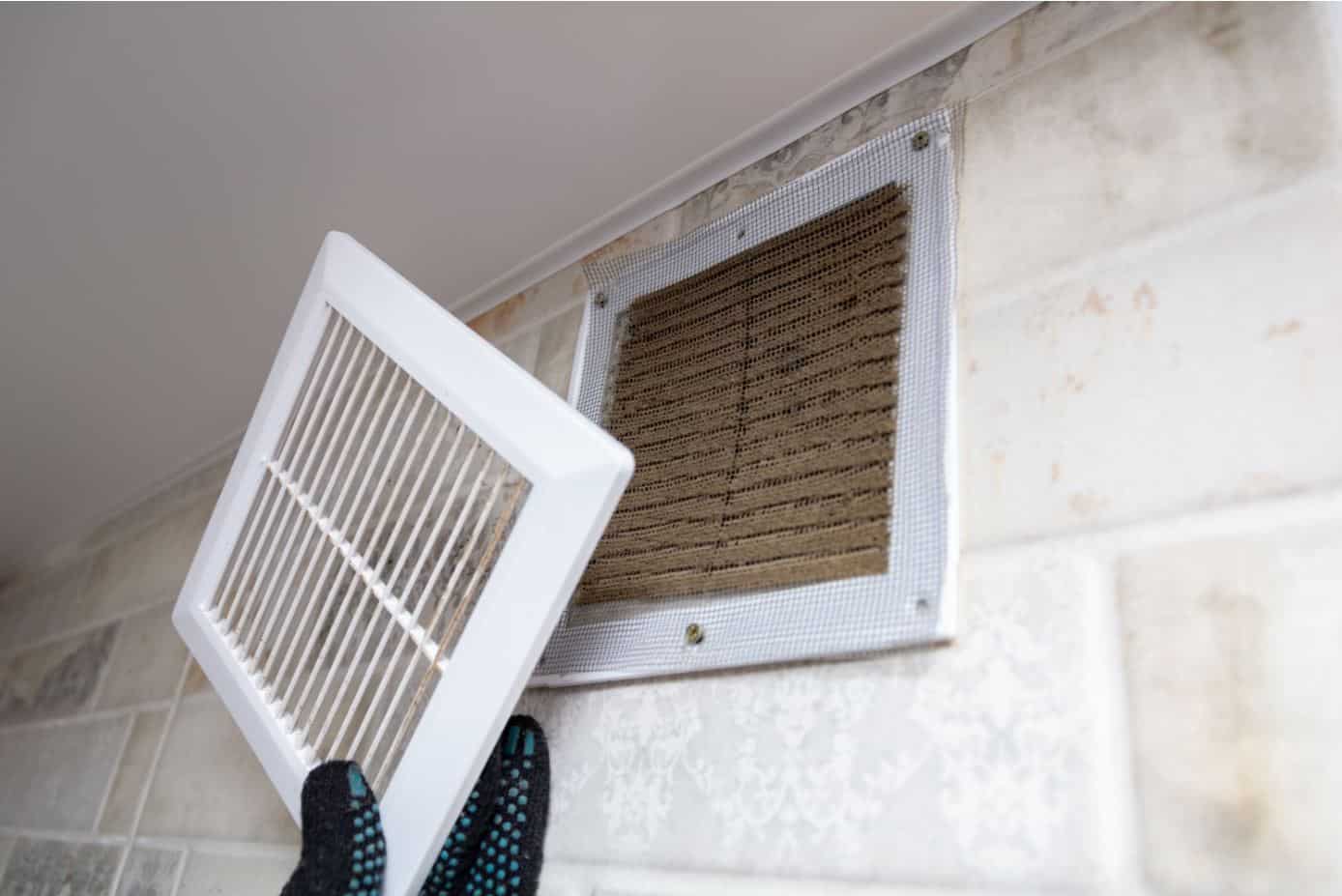For many homeowners and business operators, a frequent challenge is an HVAC filter that seems to become dirty more quickly than expected. This common issue not only demands constant attention but can also lead to higher energy costs and diminished air quality within a space. In this article, we will explore the main reasons why does my HVAC filter get dirty so fast and provide important insights for those facing this often perplexing problem.

Understanding HVAC Systems and Filters
Before diving into the reasons why your HVAC filter may become dirty quickly, it is important to understand the role of HVAC systems and filters. The HVAC system, which stands for Heating, Ventilation, and Air Conditioning, is responsible for regulating the temperature and air quality in your home. The filter plays an essential role in this system by trapping dust, dirt, and other pollutants, allowing cleaner air to circulate. Understanding this process is crucial for addressing why your HVAC filter might get dirty so fast.
Common Causes of a Dirty HVAC Filter
Location and Environmental Factors
The location of your home significantly affects how quickly your HVAC filter gets dirty. Houses situated near construction sites or areas with high pollution levels will see filters clogging more quickly due to increased debris in the air. Environmental factors such as weather conditions, seasons, and local flora and fauna can also contribute to hastier filter dirtiness.
High Usage of HVAC System
If your HVAC system is running frequently, your filter may accumulate dirt rapidly. This is especially the case during extreme weather when heating or cooling is in high demand. Continuous use accelerates the collection of airborne particles, necessitating more regular filter replacements.
Poor Indoor Air Quality
Homes with poor indoor air quality or issues such as clogged vents and excess dust will see HVAC filters becoming dirty faster. Internal factors like pet dander, high humidity, and smoke also contribute. Engaging in proactive indoor air quality management can help mitigate this issue.
Filter Quality and Size
The type and size of HVAC filters matter considerably. Filters come in various types, and their quality can determine how efficiently they trap particulates. High-efficiency filters may capture more pollutants but need to be replaced more often. Additionally, a filter that is too small for its system will allow particles to bypass filtration, prematurely clogging the filter.
Tips for Maintaining Your HVAC Filter
Regular Inspection and Replacement
Regular inspection and timely replacement of your HVAC filter is crucial. The general guideline is to check your filter monthly and replace it every 1-3 months. Consistent maintenance will prolong the life of your HVAC system and improve its performance dramatically.
Choose the Right Filter
Investing in the right filter for your HVAC system is key. Ensure that the filter matches the manufacturers specifications and that its efficiency rating is appropriate for the needs of your household or business. Consider factors like allergen sensitivity and environmental conditions when selecting a filter.
Use Humidity Control Approaches
Making use of ideal humidity levels is a good tactic to employ. Utilizing dehumidifiers and proper ventilation techniques can drastically reduce indoor air pollutants that clog your filters.
Schedule Regular HVAC Services
Routine maintenance by a professional HVAC technician is highly recommended. They can assess your systems health, clean necessary components, and reinforce the troubleshooting of issues that may cause your filter to clog more quickly.
Helpful Resources and Further Reading
To enhance your understanding and maintain a healthy HVAC system, consider reading guides on reducing humidity and removing unwanted smells. Also, you can visit Home Depot’s guide for changing air filters to maintain your HVAC system effectively.

Frequently Asked Questions
How often should I change my HVAC filter?
It’s generally advisable to change your HVAC filter every 1-3 months. However, this can vary based on usage, location, and filter type.
What are the signs of a dirty HVAC filter?
Signs of a dirty filter include an unusual smell, reduced air quality, and an HVAC system that seems to be working harder with less effect.
Can I use any type of filter for my HVAC system?
It’s important to use a filter that meets the system manufacturer’s specifications. Using the wrong type can lead to inefficiencies and improper air filtration.
Explore more information about maintaining your HVAC system efficiently and making the most out of its performance.






